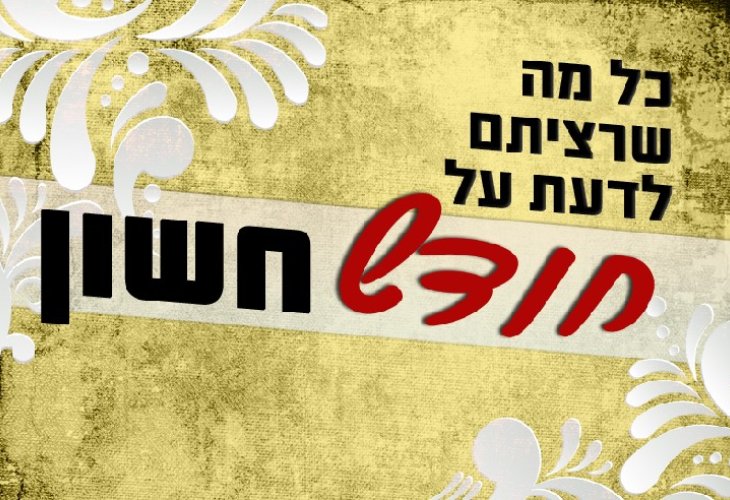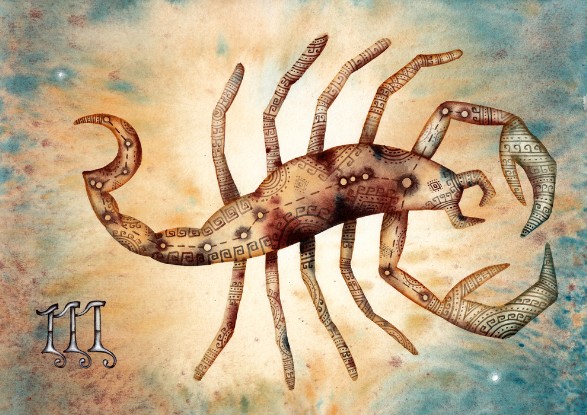Facts in Judaism
Marcheshvan: The Silent Month That Speaks Volumes
From hidden waters to whispered prayers: Uncovering the meaning, history, and spiritual power of the eighth month in the Jewish calendar

- Marcheshvan is the second month of the year, when the months are counted from Creation, and the eighth month by the Torah's count that begins with the Egyptian exodus.
- The prophets refer to this month as "Yerach Bul" which possibly derives from the Hebrew word "yevul" (produce) or "naval" (wither) since tree leaves wither and grass is consumed and mixed as fodder for livestock at this time.
- Others explain that the word "Bul" is a reference to the "mabul" (flood), which began in this month.

- Our Sages explain that this month's name derives from the word "mar" which means water drops (as it is written, "Behold, nations are like a drop from a bucket) on account of the raindrops that fall during this month.
- Some explain that the month's name alludes to bitterness (merirut), since this month doesn't have any holidays or other celebratory events, and several sorrowful events occurred during Marchcheshvan.
- The name Marcheshvan, like the rest of the names of the Jewish months, finds its origins in Babylon. In Assyrian, it means "Arucheshmani" or "Vrach-shman," which refers to the eighth month. It's possible that the name Marcheshvan is composed of two words: "Marchesh" and "van." "Marchesh" means rushing spring water, and "van" refers to water, on account of the strengthening of the springs.
- In Yemenite communities, this month is still called "Marach Shawan." Most people commonly refer to the month by its shortened (and incorrect) name "Cheshvan."
- Chassidic literature explains that the name Marcheshvan derives from the Hebrew words "merchashim hasefatayim" (the lips murmur), since we continue the prayers offered in the previous month of Tishrei.
- The lunar month of Marcheshvan can be either 29 days long or 30 days long, depending on the year.
- In Israel, on the seventh day of Marcheshvan, we begin to ask for rain in the Shemoneh Esreh prayer and add the words "v'ten tal umatar" (and give dew and rain) to the blessing of prosperity (the ninth blessing).
The Zodiac Sign of the Month
- The zodiac sign of Marcheshvan is the Scorpio, since the world thirsts for water like a scorpion during this month.
- Some explain that the Scorpio alludes to the righteous who are referred to as "scorpions" by the Mishnah: "Their sting is like the sting of a scorpion." The Hebrew acronym for scorpion (akrav) stands for "osim b'eimah ritzon konam" (they fulfill the will of their Creator with awe), because Marcheshvan follows the month of Tishrei when the righteous serve Hashem with intensity and have the power to bring salvation to Israel.
- Chassidic texts explain that Scorpio is the zodiac sign of Marcheshvan since harsh decrees were decreed against the Jews in this month on account of the pseudoholiday that Yeravam, the son of Nevat and king of the Northern Kingdom of Israel, fabricated on the 15th of Marcheshvan (instead of the 15th of Tishrei).
 מזל עקרב
מזל עקרב

